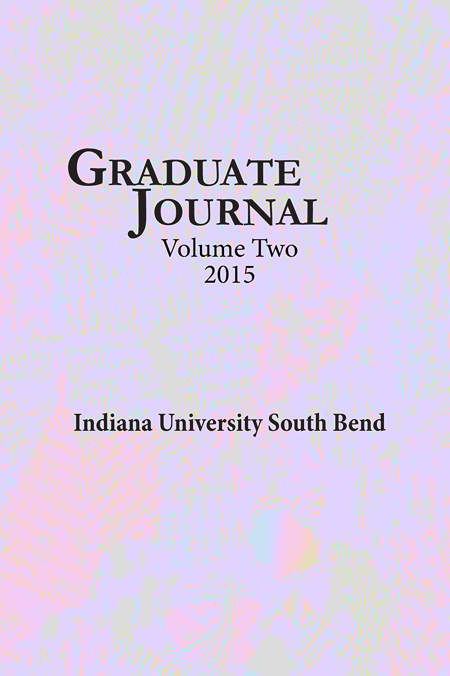Wilde’s Gender Line: The Limits to Mutable Identity in An Ideal Husband
Main Article Content
Abstract
Oscar Wilde’s An Ideal Husband presents a gendered boundary which limits the mutability of identity for the female characters. In this paper, I will show that Wilde presents identity mutability within this play; however, only the male characters hold this privilege. By examining the various blackmail schemes within the play, I will discuss the relationship between blackmail and plausibility. When Mrs. Cheveley blackmails Robert she must rely on physical evidence because her word, by itself, is not powerful enough to threaten him. In contrast, when Lord Goring threatens to have Mrs. Cheveley arrested for theft he implies that his word alone is substantial evidence to have her arrested. When we consider blackmail as a specific kind of representation, these scenes reveal both men’s control over their representations as well as women’s lack thereof.
Downloads
Download data is not yet available.
Article Details
Section
Research
Authors who publish with this journal agree to the following terms:>
- Authors retain copyright and grant the journal right of first publication with the work simultaneously licensed under a Creative Commons Attribution License that allows others to share the work with an acknowledgement of the work's authorship and initial publication in this journal.
- Authors are able to enter into separate, additional contractual arrangements for the non-exclusive distribution of the journal's published version of the work (e.g., post it to an institutional repository or publish it in a book), with an acknowledgement of its initial publication in this journal.
- Authors are permitted and encouraged to post their work online (e.g., in institutional repositories or on their website) prior to and during the submission process, as it can lead to productive exchanges, as well as earlier and greater citation of published work (See The Effect of Open Access).
